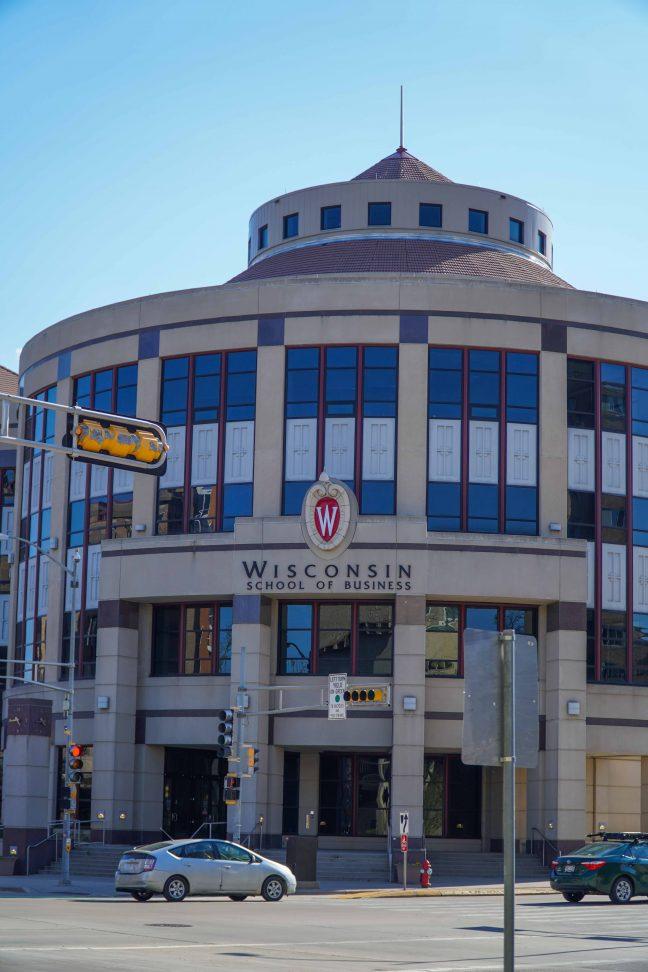The battle over how to redistrict the U.S. congressional lines to eliminate one of Wisconsin’s seats continues as the state Supreme Court announced Tuesday they will not take up the state redistricting case as requested by Republican lawmakers.
The high court urged the Legislature to move quickly on re-mapping legislative districts.
This means the decision over redistricting maps will be decided by a federal court panel in Milwaukee.
Proposed state maps are due Feb. 20, Democratic attorneys said.
Milwaukee Democrats have submitted an alternate district map for consideration to Federal Courts, under the Voting Rights Act.
Due to the 2000 Federal Census numbers, Wisconsin’s U.S. Congress seats must be dropped from nine to eight. The elimination of one congressional district forces the creation of an entirely new set of district boundaries.
A bill introduced by Rep. Bonnie Ladwig, R-Racine, was passed in the state Assembly and proposes dividing Milwaukee County into three parts and isolating the city of Milwaukee as one district.
Under current district maps, the city of Milwaukee is split horizontally, with the northern and southern halves of the city falling into different districts.
Milwaukee Democrats claim eliminating a seat from Milwaukee would be racist and drafted an alternate map to prevent this.
“According to the New York Times, Milwaukee is the most segregated city in the nation,” Rep. Johnnie Morris-Tatum, D-Milwaukee, said. “Milwaukee should retain both seats to ensure adequate representation for African-Americans.”
The map was proposed as an amendment to Ladwig’s bill but was voted down.
The alternate map was created by Rep. Annette “Polly” Williams, D-Milwaukee, who attempted to retain Milwaukee’s two congressional seats.
Morris-Tatum also voiced concern over the possibility of Milwaukee losing a seat.
“Our rationale is that although a seat must be lost due to the state’s slower growth in comparison to the rest of the nation, Milwaukee remains by far the largest city in the state, so we should retain two seats,” Morris-Tatum said. “We feel the loss of a seat in Milwaukee would limit the voice of African-Americans, who would lose a representative.”
Ladwig disagrees with Milwaukee Democrats, saying it is in the best interest of the state to eliminate a congressional seat from Milwaukee.
“The Fair Federal Voting Law states that communities of interest should be in the same district,” Ladwig said.
Despite the controversy, Ladwig said she is confident the Republican-backed bill will pass as legislation in the state Senate.
“The vote in the Assembly was 78-21, which showed some wide bipartisan support,” Ladwig said.







